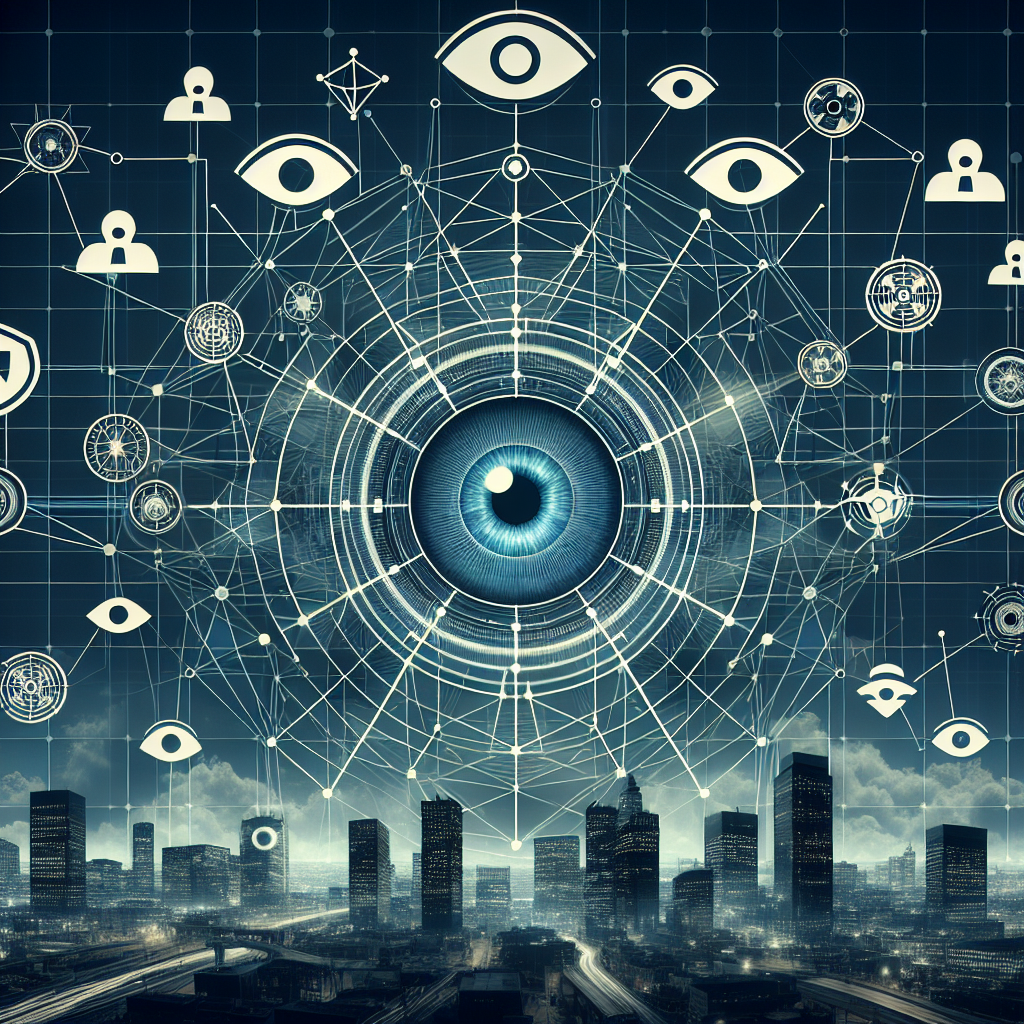The 9/11 Conspiracy: Unpacking the Alternate Theories
1. Overview of 9/11 Events
The September 11, 2001 (9/11) attacks were a coordinated series of terrorist strikes planned and executed by the al-Qaeda extremist group. Four commercial airplanes were hijacked, with two crashing into the Twin Towers of the World Trade Center in New York City, one crashing into the Pentagon, and the fourth, United Airlines Flight 93, believed to be headed for another target in Washington, D.C., ultimately crashing in Pennsylvania after passengers attempted to regain control.
2. The Official Narrative
According to the official narrative established by the 9/11 Commission Report, 19 terrorists hijacked the planes under the leadership of Osama bin Laden, with support from al-Qaeda. The implications of the attack included extensive loss of life, significant global economic effects, and the initiation of the War on Terror, including military actions in Afghanistan and Iraq.
3. Introduction to Conspiracy Theories
In the wake of such a profound tragedy, the narrative quickly became a breeding ground for conspiracy theories. These theories often reflect public distrust in the government and media. The 9/11 events are remembered not only for the horrific attacks but also for the myriad of alternate explanations that surfaced.
4. Controlled Demolition Theory
One of the most popular conspiracy theories suggests that the Twin Towers and World Trade Center 7 (WTC 7) were brought down by controlled demolition rather than the impact of the planes. Proponents cite the way the buildings fell straight down into their footprint as indicative of a planned demolition. They argue that the presence of explosive devices can be inferred from testimonies that alleged sounds of explosions were heard prior to the towers’ collapse.
5. The Pentagon Attack Conspiracies
Some conspiracy theorists claim that the Pentagon could not have been hit by American Airlines Flight 77, suggesting that it was rather a missile or military aircraft that struck the building. Supporters of this theory point to the relatively small size of the impact hole compared to the size of a commercial airplane and the condition of some sections of the building, which they believe would have been more damaged had a large plane crashed into it.
6. Shanksville, Pennsylvania Controversies
The crash of Flight 93 has also fueled conspiracy theories. Various reports claim no significant wreckage was found at the crash site, leading some to speculate that it was a fabricated event. The theory posits that Flight 93 was shot down by the military, and the government subsequently staged a crash site to cover up the incident.
7. Government Involvement Theories
A more sinister angle of conspiracy theories suggests that elements within the U.S. government had prior knowledge of the attacks or even aided them to justify military actions abroad. This theory is often associated with ideas surrounding the “false flag” operation, where a government orchestrates an event to shift public opinion and policy. Proponents argue the attack provided a pretext for the War on Terror, including the invasions of Afghanistan and Iraq.
8. Economic Motives Behind 9/11
The economic argument suggests that certain stakeholders benefited financially from the attacks. This theory posits that major defense contractors, oil companies, and financial institutions exploited the post-9/11 climate to enhance their profits. It ties into broader critiques of the military-industrial complex, where wars are seen as profitable ventures for a select few, suggesting that fears of terrorism were leveraged to drive military expenditures and defense contracts.
9. The Role of the Media
The media has been accused of perpetuating conspiracies by selectively editing interviews, misrepresenting the facts, and prioritizing sensationalism over accuracy. Some theorists believe that the constant stream of misinformation laid the groundwork for mistrust in official accounts. The theories that arise from media portrayal often intersect with the human tendency to seek patterns in chaos, leading individuals to create alternate narratives that fit their perceptions.
10. Psychological Factors Contributing to Conspiracy Beliefs
The rise of conspiracy theories surrounding 9/11 can also be examined through a psychological lens. Cognitive dissonance plays a significant role, as individuals struggle to reconcile the traumatic event with their worldview. Theories provide alternative explanations that can be more palatable than accepting a narrative filled with chaos and unpredictability. Additionally, social identity theory suggests that group dynamics contribute to the rise of conspiracy beliefs, as individuals align with groups that reinforce their views.
11. A Look at Debunking Efforts
Numerous organizations and fact-checking websites have sought to debunk various conspiracy theories about 9/11. The National Institute of Standards and Technology (NIST) conducted extensive investigations into the collapses of the Twin Towers and WTC 7, determining that the structures’ failure was a result of the impact and subsequent fires. Structural engineers and demolition experts continue to reinforce that the collapse followed a typical gravitational fall rather than a controlled demolition.
12. The Role of Internet in Conspiracy Growth
The internet has played a crucial role in the spread of conspiracy theories about 9/11. Online forums, videos, and social media platforms allow believers to connect and share information, often reinforcing each other’s beliefs. Websites like YouTube and social media groups have allowed pseudoscience and unverified claims to proliferate, making it increasingly difficult to distinguish between fact and fiction in public discourse.
13. Cultural Impact of 9/11 Conspiracy Theories
Culturally, conspiracy theories surrounding 9/11 have seeped into films, literature, and art, reflecting a broader skepticism of institutions. Movies like “Loose Change” and various documentaries have fueled discussions and raised questions that have found a foothold in social consciousness, thereby perpetuating a climate of inquiry surrounding the events of that fateful day.
14. The Future of 9/11 Theories
As time passes, the conversation around 9/11 conspiracy theories continues to evolve. New technological advancements, such as forensic analysis and historical document releases, will likely influence ongoing investigations and potentially substantiate or debunk longheld beliefs. The persistence of these theories reflects an enduring need to understand complex societal issues and the human propensity to find meaning in chaos.
SEO Keywords
- 9/11 Conspiracy Theories
- Controlled Demolition Theory
- Pentagon Attack Conspiracy
- Flight 93 Speculations
- Government Involvement Theories
- Economic Motives Behind 9/11
- 9/11 Media Coverage
- Psychological Factors in Conspiracy Beliefs
- Internet and Conspiracy Theories
- Cultural Impact of 9/11 Conspiracies







Leave a Reply